
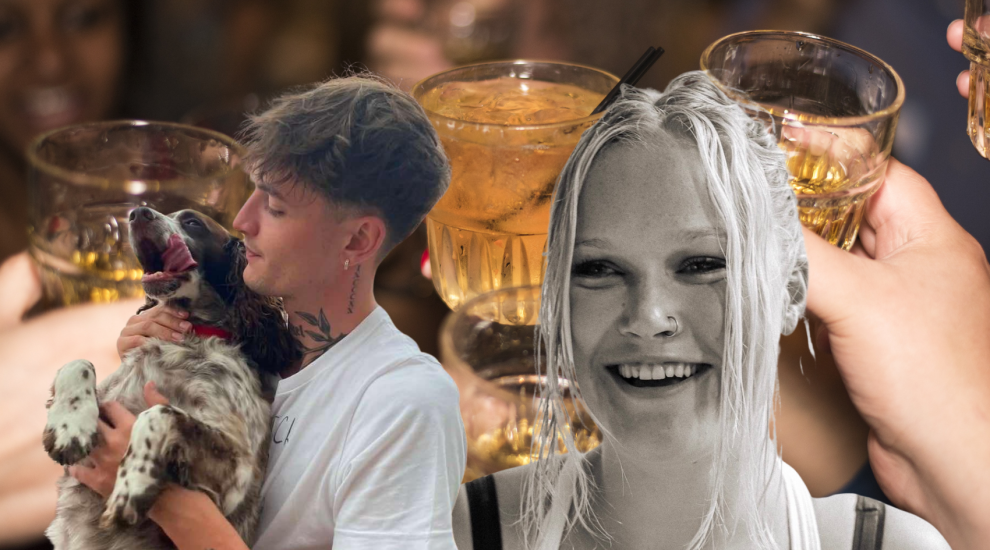

While some may still be recovering from New Year’s Eve celebrations and others are setting resolutions for healthier habits, recently published stats have revealed that nearly a quarter of young islanders now say they never drink alcohol.
The Jersey Opinions and Lifestyle Survey, which gathered insights from 1,200 islanders, found that while most adults continue to consume alcohol, nearly one in seven report never drinking.
Among younger adults aged 16 to 34, this figure rises to nearly one in four (23%).

Pictured: Just under one in four (23%) adults aged 16 to 34 years never drank alcohol. (Statistics Jersey)
The data also shows disparities in drinking habits by age, gender, and financial stability.
Men were more likely than women to drink more than the recommended weekly limit of 14 units – with 29% of men exceeding this threshold, compared to 12% of women.
The survey, which was carried out by Statistics Jersey, also revealed that those struggling financially were more likely to abstain from alcohol entirely, with 22% of those who found it difficult to cope financially reporting never drinking – compared to 12% of those who found it easy.
The frequency of drinking also increased with age, but younger adults were more likely to engage in binge drinking.
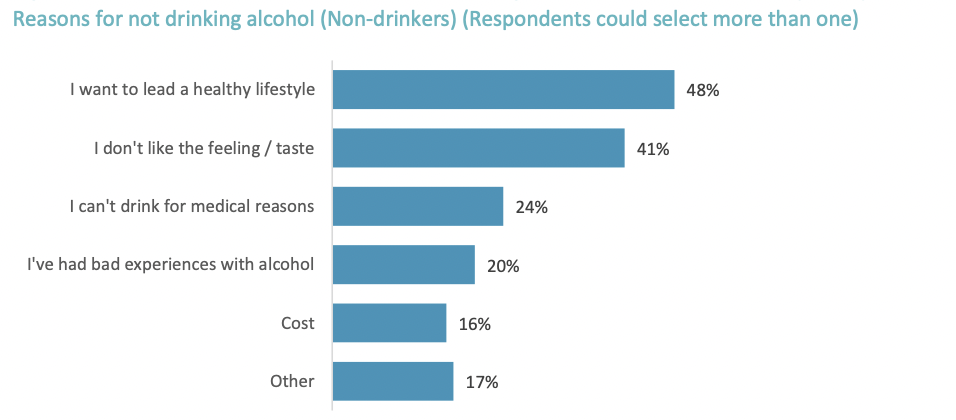
Pictured: The most common reason for not drinking alcohol was to lead a healthy lifestyle. (Statistics Jersey)
Nearly one in 10 adults aged 16 to 34 reported consuming 10 or more units on a typical day when they were drinking, compared to just 2% of those aged 65 and over.
Among those who do not drink, the most commonly listed reasons for abstaining were leading a healthy lifestyle (48%), disliking the taste or feeling of alcohol (41%), medical reasons (24%), bad experiences (20%), and cost (16%).
Express took a closer look at what’s driving these changes and spoke to islanders embracing sober lifestyles.
Jersey-born photographer and filmmaker Cleo Leather (23) gave up alcohol in early 2022 after noticing its impact on her mental and physical health, relationships, and finances.
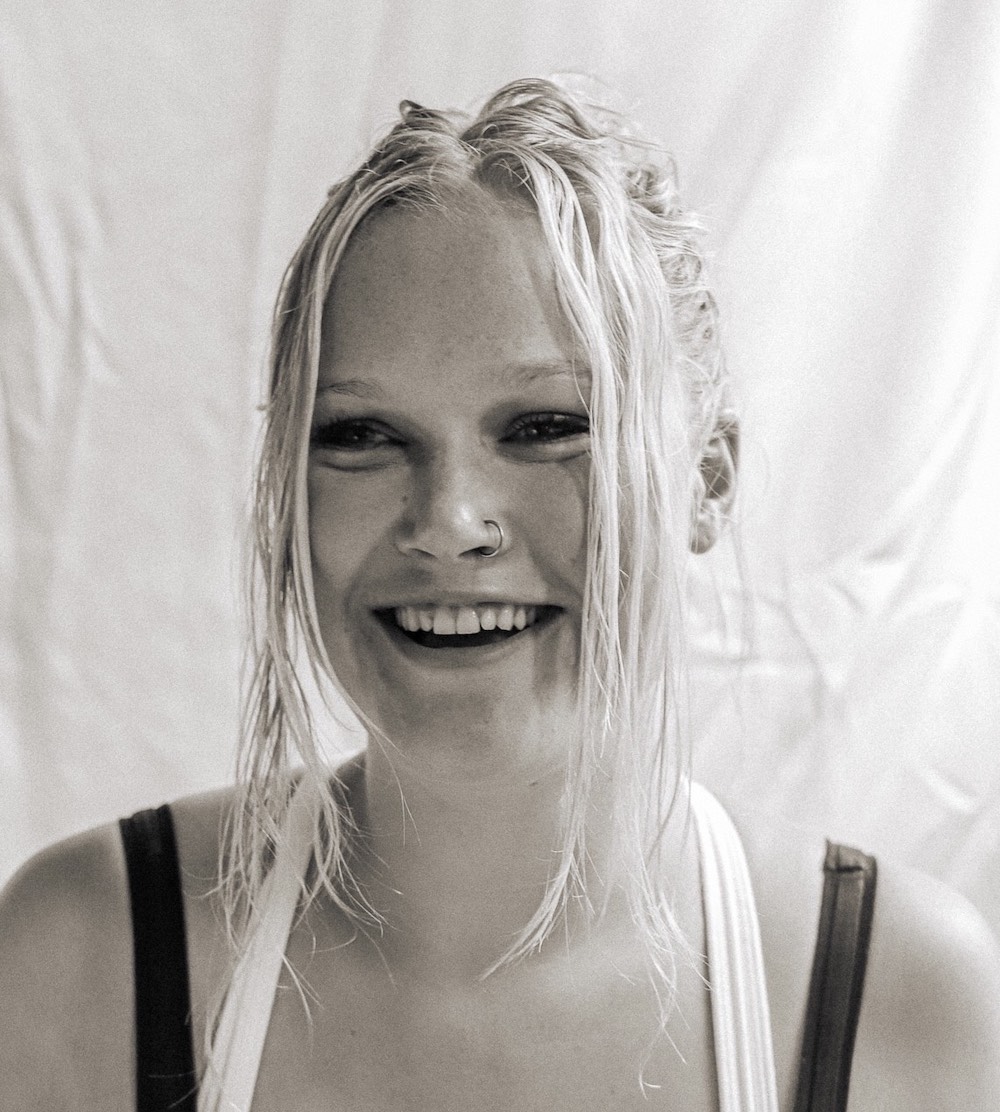
Pictured: Cleo Leather quit alcohol entirely at the beginning of 2022, after noticing the detrimental impact that drinking was having on her physical and mental health, relationships with friends and family, and her job and finances.
Cleo believes that growing awareness of addiction and its generational effects may explain why many young people are choosing sobriety.
“Maybe more young people are conscious of addiction and how addiction can be generational,” she said.
“In the same way that we are a generation to really embrace therapy, wellness, and mental health, I think that acknowledgement of addiction might play a role in that. There is also the additional factor of not really being able to afford it.”
Harry Gurd, who has been sober since 2021, points to broader cultural and economic shifts as a driver for reduced drinking among younger people.
He noted that younger generations are increasingly aware of the importance of physical and mental health, thanks in part to social media and influential online voices.
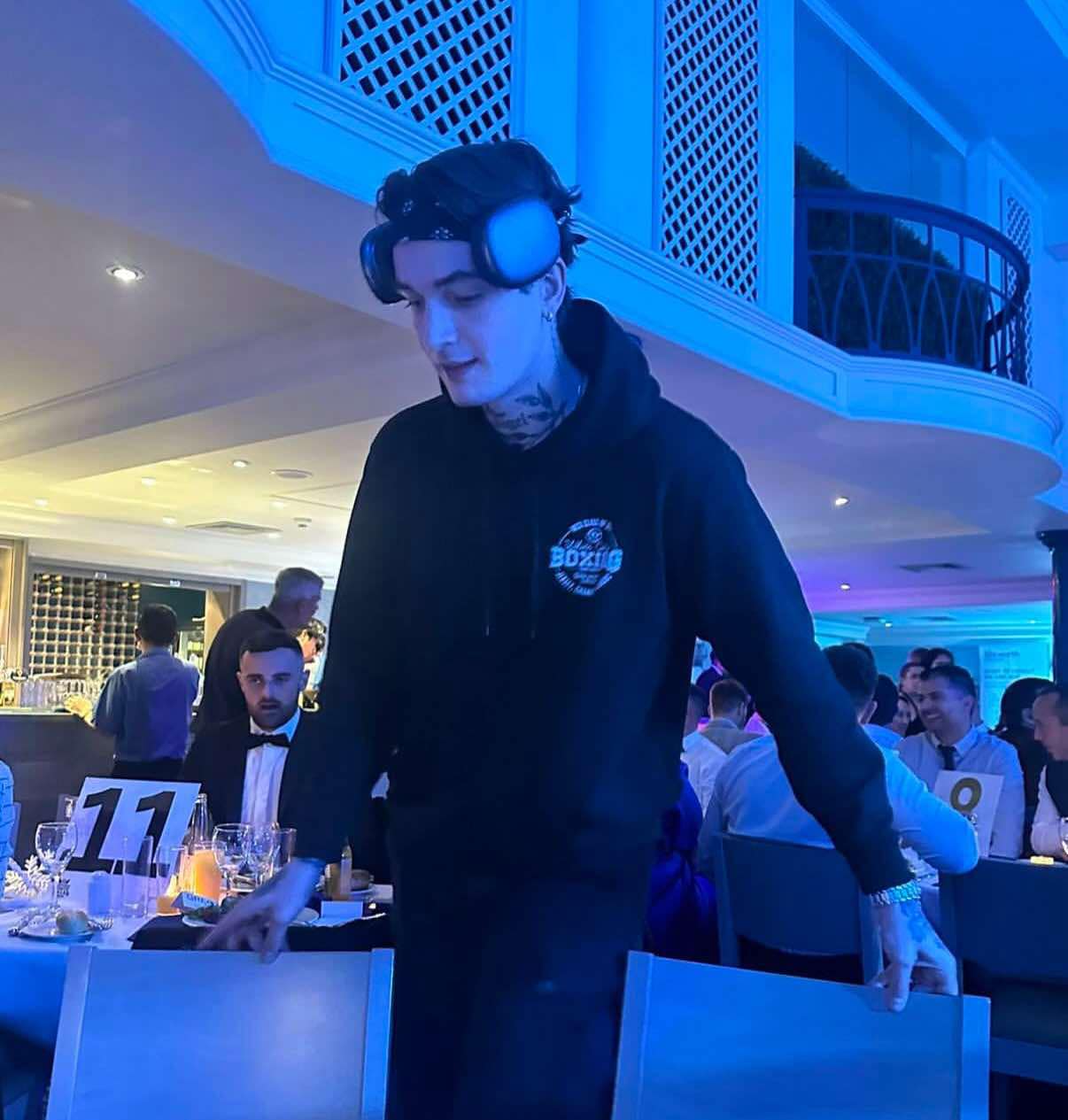
Pictured: Harry Gurd (24) gave up drinking last year due to the negative impact it was having on his lifestyle.
“I see these changes in drinking habits as a result of the ongoing cultural and economic shifts we’re experiencing in our society today,” he explained.
“As the younger generations are more attuned to the powers of social media, virtual connectivity, and information, I believe online trends and influential figures to be at the forefront of the increased awareness of physical and mental health.”
He added: “I also believe these changes we’re seeing are due to the economic pressures that most of us are facing with the rise in the cost of living, making it difficult for students or young adults with aspirations to afford to feed their social drinking habits.
“In Jersey, we are blessed to have beautiful beaches and nature that make it cheaper and easier to socialise without alcohol.”

Pictured: Harry believes changing cultural attitudes, economic pressures, and increased awareness of mental and physical health are driving younger generations to drink less or abstain from alcohol.
Harry also praised charities like the Silkworth Group for providing support for those struggling with addiction.
He said: “Through my own experience as someone who has personally benefitted from the support Silkworth offers, they have provided me with resources in a non-judgemental environment with a sense of community support, assisting me in getting to the core of my issues with alcohol and substance misuse, followed by ongoing and unwavering support through their secondary care and aftercare programmes.”
He sees the growing acceptance of sobriety as a hopeful sign, particularly with the rise of non-alcoholic alternatives.
Harry explained: “As the recovery community in Jersey is predominantly an older demographic, I see these changes in drinking habits as a sign of hope to help introduce more youngsters to the beauty of what a life in sobriety has to offer, through a community of like-minded role models for teenagers and young adults in which they can confide in when faced with day-to-day challenges or difficult decision making.
“I also see this as a sign of hope in relation to the acceptance of sobriety or non-drinkers in social environments, especially with the influx of no-alcohol alternatives we are seeing in supermarkets, bars, and clubs, and an increase in social activities.”
While progress has been made, some feel that there is still more work to be done to support the sober community.
Dan Liot made a choice to six years ago at age 41 to seek help to overcome his drinking problem – a journey that took him from “dark moments” to helping others with their own sobriety journey as the ‘Jersey Sober Walker’ to promote the benefits of sobriety and the growing community of individuals embracing it in the island.
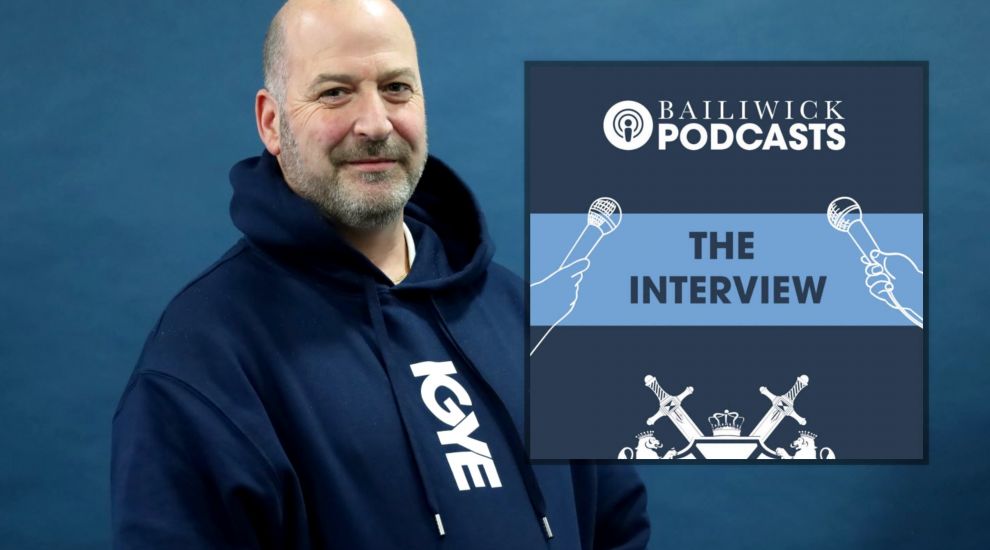
Pictured: Dan opened up about his experience last year on a Bailiwick Podcasts episode to mark his five-year sober-versary.
"Pubs and clubs are not embracing the revolution of sobriety and this needs to change, more options for non-drinkers and not just for the people that are driving or have health issues," he said.
Dan also called for more education and training for hospitality staff to create a more inclusive environment for non-drinkers and to reduce stigma for those who abstain.
“There’s still a long way to go for the sober community to thrive without persecution,” he said.
Commenting on the recently published figures, Dan added: “Any reduction in alcohol consumption can only be a good thing, statistically alcohol-related crime such as domestic violence and drunk driving is still prevalent in Jersey, and our mental health services are strained.
“Jersey's sober community is growing and more younger people who have possibly seen their parent's lives affected by their drinking have decided not to go down the same route.”
Despite the shift towards sobriety among some groups, hazardous drinking remains a concern.
One in five adults in Jersey exceeds the weekly recommended limit of 14 units, with younger drinkers more likely to drink heavily on single occasions.

Pictured: One in five (20%) adults reported drinking more than the recommended weekly limit of 14 units of alcohol. (Statistics Jersey)
According to the survey, 25% of drinkers aged 16 to 34 consume alcohol at potentially harmful levels, compared to 15% of those aged 65 and over.
Drinking at home has also become more common, with 46% of adults reporting they drink socially or alone at home.
Ana and Marcus Calvani, co-CEOs of the Jersey Hospitality Association, said they were “very concerned” about this trend.
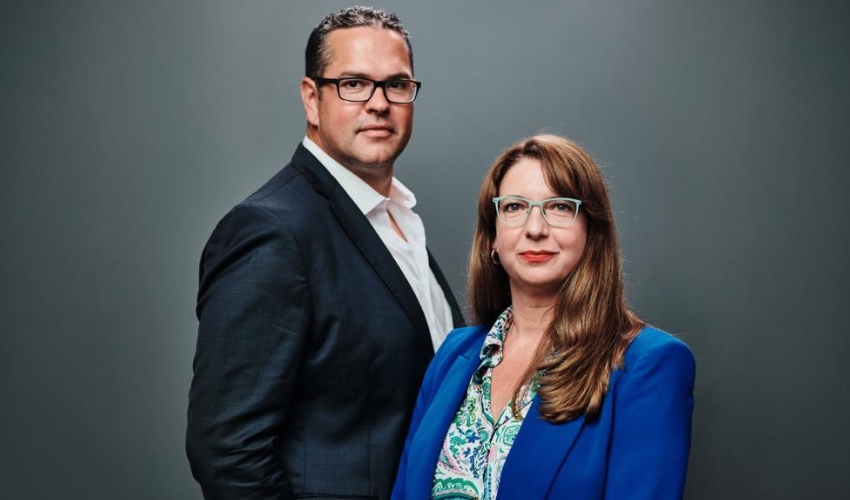
Pictured: Marcus and Ana Calvani are Co-CEOs of the Jersey Hospitality Association.
They argued that historic increases in alcohol duty and “out-of-date” licensing laws have made it cheaper to buy alcohol in supermarkets than in pubs, bars, or restaurants – and that this could be putting people at risk.
“When you can buy spirits in your local supermarket at less than licensees can buy it wholesale, then there is a clear problem with the system and one that continues to fuel the negative issues associated with our island’s relationship with alcohol,” the pair said.
The Calvanis also pointed out the risks associated with “pre-loading”, or pre-drinking, before going out.
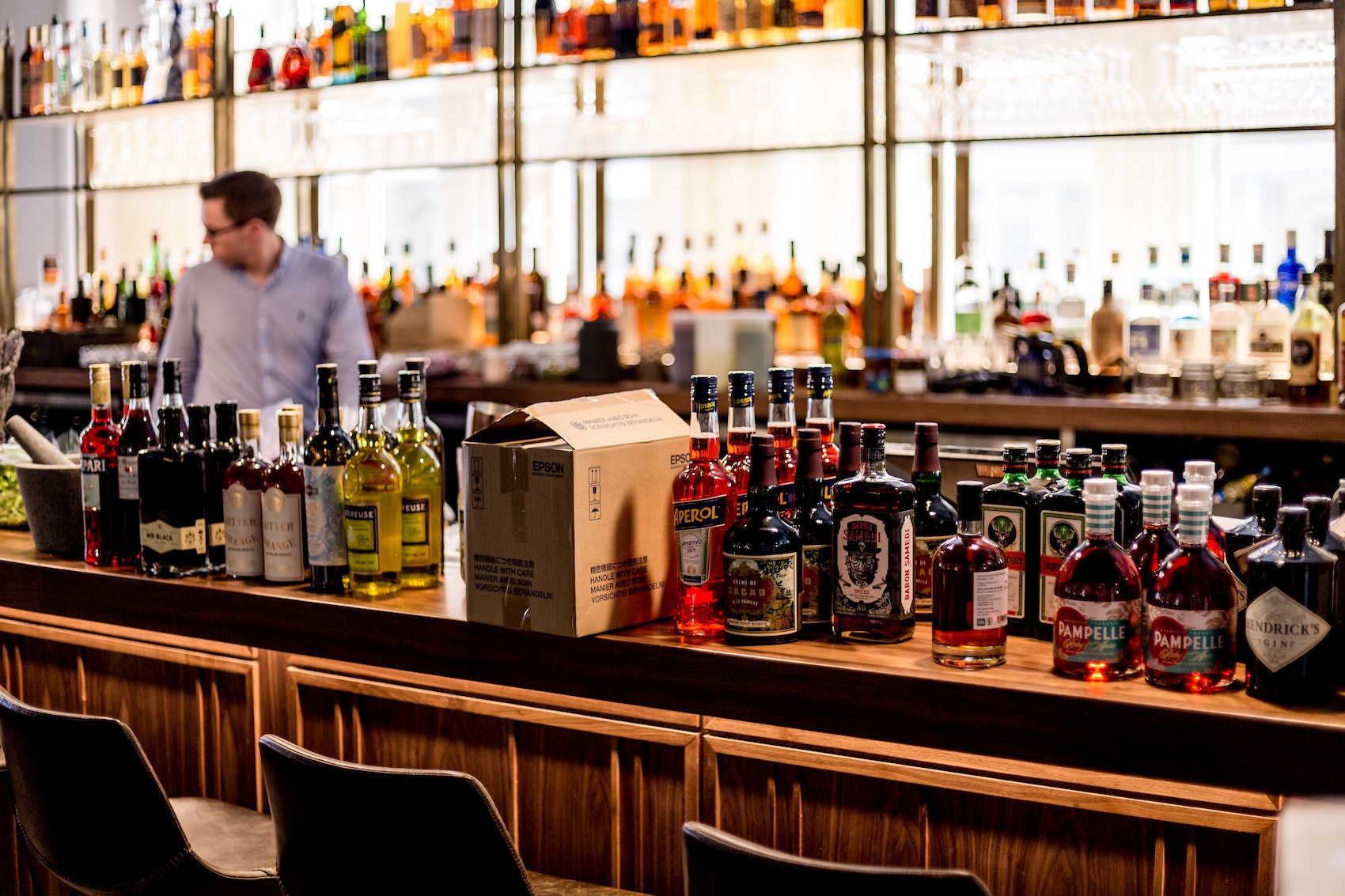
Pictured: The Calvanis argued that licensed premises are safer environments for drinking than at home – where overconsumption is harder to monitor.
They explained: “We’ve always said that the problem is not caused by Jersey’s ‘on-trade’ or 'nighttime economy', as some politicians and officials will claim, it’s people drinking irresponsibly at home or ‘pre-loading’ before they go out, that skews the data and sadly causes the majority of the negative issues.”
They argued that the hospitality industry provides a safer environment for people to consume alcohol, adding: “Staff who work in hospitality are trained to ensure that customers enjoy themselves in a safe and controlled environment, and the ‘on-trade’ is also regulated to serve alcohol in controlled measures.”
The Calvanis called for reforms to promote responsible drinking, including professional training for hospitality staff and fairer licensing laws.
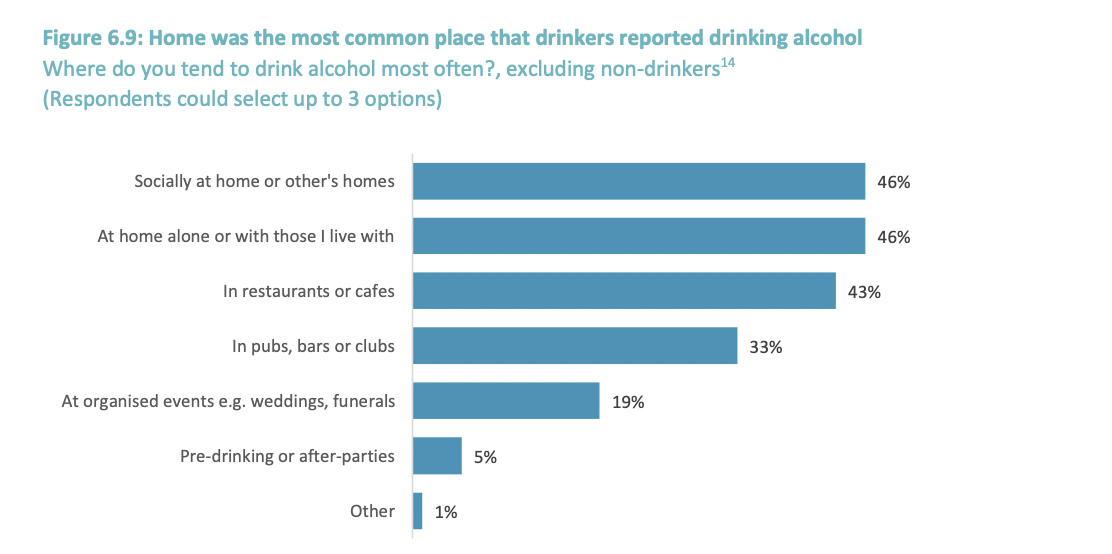
Pictured: Drinkers were most likely to report drinking alcohol at home (either socially or alone), with nearly half of adults (46%) selecting one or both of these options. (Statistics Jersey)
“Our priority is for our customers to not only have fun but also be safe while in our establishments,” they said.
“We will continue to push for all of our government’s departments that have an association with alcohol to work collaboratively with us to deliver a better and sustainable solution for Jersey."
This comes just weeks after it was announced that happy hours and two-for-one cocktail deals are among the proposals being put forward by the government to overhaul Jersey’s decades-old alcohol licensing legislation.

Pictured: Economic Development Minister Deputy Kirsten Morel is leading the initiative to reform the alcohol law.
The proposed updates to the 1974 Licensing Law, which regulates the sale and consumption of alcohol in the island, were announced earlier this month by the Economy Department in an attempt to make it simpler and less expensive for businesses to operate.
Economic Development Minister Kirsten Morel said that the proposals aimed to make the licensing process more transparent, efficient and responsive while maintaining safeguards for public health and safety.
Drinks promotions could return as Jersey reviews alcohol law
LISTEN: Islander hopes journey to overcome alcohol will inspire others
“It’s made my life infinitely better"...growing number of young people choosing sobriety
Comments
Comments on this story express the views of the commentator only, not Bailiwick Publishing. We are unable to guarantee the accuracy of any of those comments.